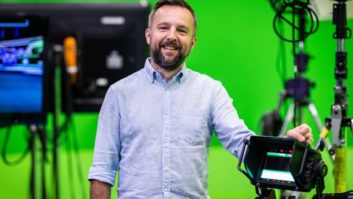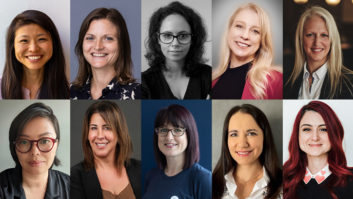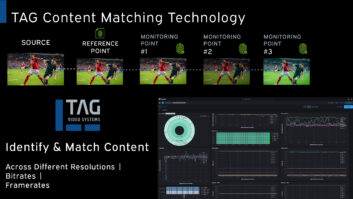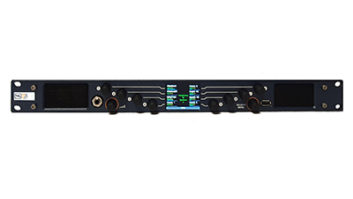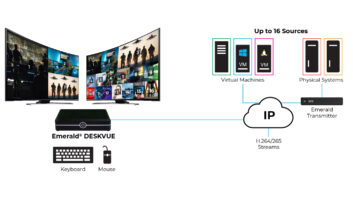Tristan Sear, research and development software engineer, Emotion Systems
Talk us through a day in your role:
My role is quite collaborative, and every day is completely different. From fixing bugs to running tests – every problem needs a different, creative approach.
In a day of research, you very rarely know how long a project is going to take. It could take 5 minutes if someone has done something like it before, because then it’s as simple as doing a Google search and you’re done. But sometimes – like with a project I’m working on now – you find out that something hasn’t worked for 2-3 years, and you have to figure out how to build it from scratch.
Coding is very precise, it does exactly what it tells you to and it’s easy to make small mistakes that can lead to big problems. Bug fixing can be as simple as correcting a mistype or require a deep dive into the ones and zeros in a file and we write very particular code to correct more nuanced issues.
Overall, the role is about solving lots of little daily puzzles to build up a solution that solves a much more complex problem, and I never know how long a project is going to take until I dive into the code!
How did you get started in the media industry?
Completely by chance! When I was studying for my degree in Physics with Theoretical Physics, a module that involved looking into waveforms meant I stumbled across Emotion Systems. Several modules on my degree also involved coding, and my dad is a programmer too, so my interest in programming was piqued from a young age. When it came to applying for jobs, I was familiar with Emotion Systems, I had the right skillset from my studies, and my interest in audio made it a good fit.
What training did you have before entering the industry?
The majority of my training for the role came from my degree – I did two courses on C++, which gave me a working knowledge of programming. This allowed me to become fluent in the C++ language and apply coding to realistic applications and write my own programmes.
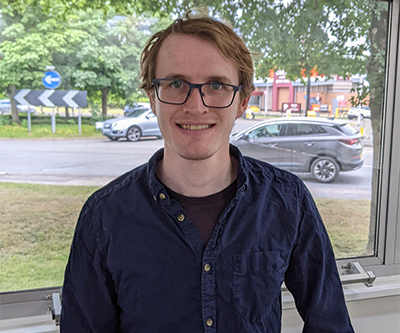
But I’d also had training from my dad – when I was younger, he created a game for me and my brothers, teaching us how make a stick figure move around based on the commands we input. I was always interested in coding, and it was a passion project of mine that helped me get my job – figuring out how to make the best possible move in a Scrabble game. During my interview at Emotion Systems, we bounced ideas off each other! So, being familiar with coding from an early age and then having more formal training at university set me up nicely to enter this industry.
Why do you enjoy working in the industry?
I’m constantly learning and creating – I’ve yet to take on a project where I haven’t learnt something new, and it’s fascinating to watch the industry evolve. It’s also rewarding to be creating a noticeable difference to content – and to see my work has an impact. We once loudness corrected Game of Thrones, so it was exciting to be able to say I’d made a difference to that content, no matter how small!
What piece of advice would you offer someone looking to explore a role similar to yours?
Don’t be put off by something that looks complicated! It’s easy to get started, you can jump on Google, get started on a project, and be well on your way to picking up some coding basics within the hour. There’s a great community of shared knowledge, so no matter what you’re trying to do, someone has probably solved the same problem already. It’s just about finding patterns, optimising, and developing your experience and skillset. A great way to get started is to find a passion project – for me it turned out to be Scrabble!
